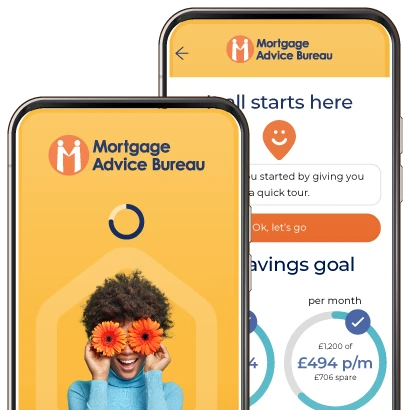The ability to handle your own finances is a crucial skill for personal and professional success in today's fast-paced environment. Taking charge of your financial status allows you to make educated decisions, accumulate money, and achieve long-term objectives. However, many people are unsure where to begin when it comes to efficiently managing their money.
This article is a guide to navigating the intricacies of personal finance and taking control of your financial well-being.
Do your research
Effective money management requires some understanding of finances. Where you can, take some time to learn about things like retirement planning, investing, and budgeting. Books, blogs, podcasts, and online courses can provide insightful advice on handling money. Adjust your financial strategy as needed and keep up with financial news and trends.
Set financial goals
Setting financial objectives is crucial for staying motivated and having direction during your financial journey. Establish both short and long term objectives, such as retirement planning, debt repayment, or saving for a deposit. Make sure your objectives are SMART (specific, measurable, achievable, relevant, and time-bound). Divide them up into more manageable goals while celebrating your progress along the way.

Make a budget
Making a budget is an essential step towards financial stability. Start by assessing your income sources, including salary, investments, or side gigs. Next, track your expenses for a month to understand your spending patterns.
Then, to gain a clear view of where your money is going, divide it into spending categories (some banks offer this feature within their mobile apps - so make use of that if it’s available to you!)
Once you have done this, you can create a budget spreadsheet or use budgeting apps to organise your income and expenses. Prioritise essential expenses (needs), then allocate funds for non-essentials (wants). Regularly review and adjust your budget as needed. Remember, discipline and consistency are key to successful budgeting.
Invest in your future
It's essential to save for future goals and invest for long-term growth. Automate your savings by setting up automatic transfers to a separate savings account, investment portfolio, or towards extra pension contributions. If you are happy with the level of your pension contributions or aren’t comfortable with the risk involved with investing - a fixed rate savings account is a great option.
Create an emergency fund
Because unexpected costs can arise at any time, having an emergency fund is essential. Try to save up three to six months' worth of spending in a current account that is simple to access (as opposed to other savings). Put away a small sum of money each month until you reach your chosen emergency fund goal. Having this safety net gives you financial security and could help you avoid incurring unnecessary debt during times of hardship.

Managing your money in the long-run
Managing your own finances is a skill that can provide you with financial freedom and peace of mind. By creating a budget, tracking expenses, setting goals, building an emergency fund, and saving, you can take control of your financial future. Remember, financial management is an ongoing process, so regularly review and adjust your strategies as your circumstances change. With determination and discipline, you can achieve financial stability and work towards your dreams.
If you are in debt and you need guidance with how to get it squared away - read our article on getting a mortgage with debt.
Important information
Your home may be repossessed if you do not keep up repayments on your mortgage.
There may be a fee for mortgage advice. The actual amount you pay will depend on your circumstances. The fee is up to 1% but a typical fee is 0.3% of the amount borrowed.







